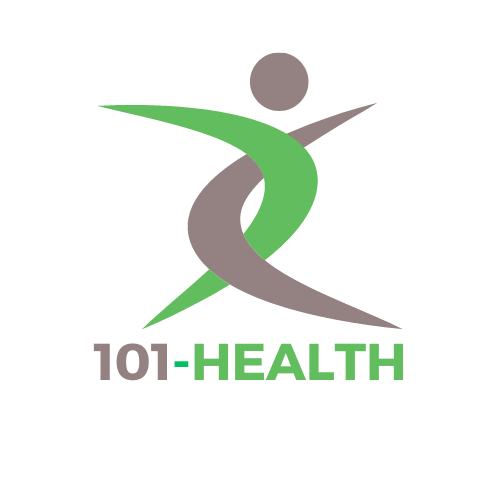In recent times, there has been a growing emphasis on the role of micronutrients in bolstering our immune system. Among these, zinc and selenium stand out for their remarkable contributions to immune function.
In this article, we delve into the science behind how zinc and selenium support our body’s defense mechanisms and explore the best dietary sources and supplementation strategies to ensure optimal immune health.
Understanding Zinc and Selenium
Zinc and selenium are essential trace minerals, meaning that our bodies require them in small amounts but they play crucial roles in various physiological processes, including immune function.
Zinc is involved in the activation of enzymes that regulate immune responses, such as the production and function of white blood cells, which are integral to our body’s defense against pathogens.
On the other hand, selenium acts as a cofactor for antioxidant enzymes, including glutathione peroxidase, which helps protect cells from oxidative damage and supports immune cell function.
The Role in Immune Function
Zinc plays a multifaceted role in immune function. Firstly, it helps maintain the integrity of the skin and mucosal membranes, which act as barriers against invading pathogens.
Zinc also regulates the production and activity of various immune cells, such as T cells, B cells, and natural killer cells, enhancing their ability to identify and destroy harmful microorganisms.
Additionally, zinc modulates the inflammatory response, helping to regulate the immune system’s balance between pro-inflammatory and anti-inflammatory signals.
Similarly, selenium’s role in immune function is primarily attributed to its antioxidant properties. As an essential component of glutathione peroxidase, selenium helps neutralize harmful free radicals that can damage immune cells and impair their function.
By reducing oxidative stress, selenium supports the optimal functioning of immune cells, including lymphocytes and macrophages, thereby enhancing our body’s ability to mount an effective immune response against infections.
Dietary Sources
Both zinc and selenium are found in a variety of foods, making it relatively easy to obtain adequate amounts through a balanced diet.
Good food sources of zinc include lean meats, poultry, seafood (such as oysters and crab), nuts and seeds (such as pumpkin seeds and cashews), dairy products, and whole grains.
Similarly, selenium-rich foods include Brazil nuts, seafood (such as tuna, sardines, and shrimp), lean meats, poultry, eggs, dairy products, and whole grains.
Supplementation Considerations
While it’s generally preferable to obtain nutrients from whole foods, supplementation may be warranted in certain cases, such as individuals with dietary restrictions, malabsorption issues, or increased nutrient requirements due to illness or stress.
When considering zinc and selenium supplementation for immune support, it’s important to choose high-quality supplements from reputable brands and follow recommended dosages to avoid adverse effects.
It’s also advisable to consult with a healthcare professional to determine the appropriate dosage based on individual needs and health status.
Conclusion
In conclusion, zinc and selenium play indispensable roles in supporting immune function, contributing to our body’s ability to defend against infections and maintain overall health.
By ensuring adequate intake of these essential minerals through a balanced diet and, if necessary, supplementation, we can optimize our immune system’s resilience and effectiveness.
Prioritizing zinc- and selenium-rich foods as part of a well-rounded diet is a proactive step towards enhancing immune function and promoting overall well-being.






